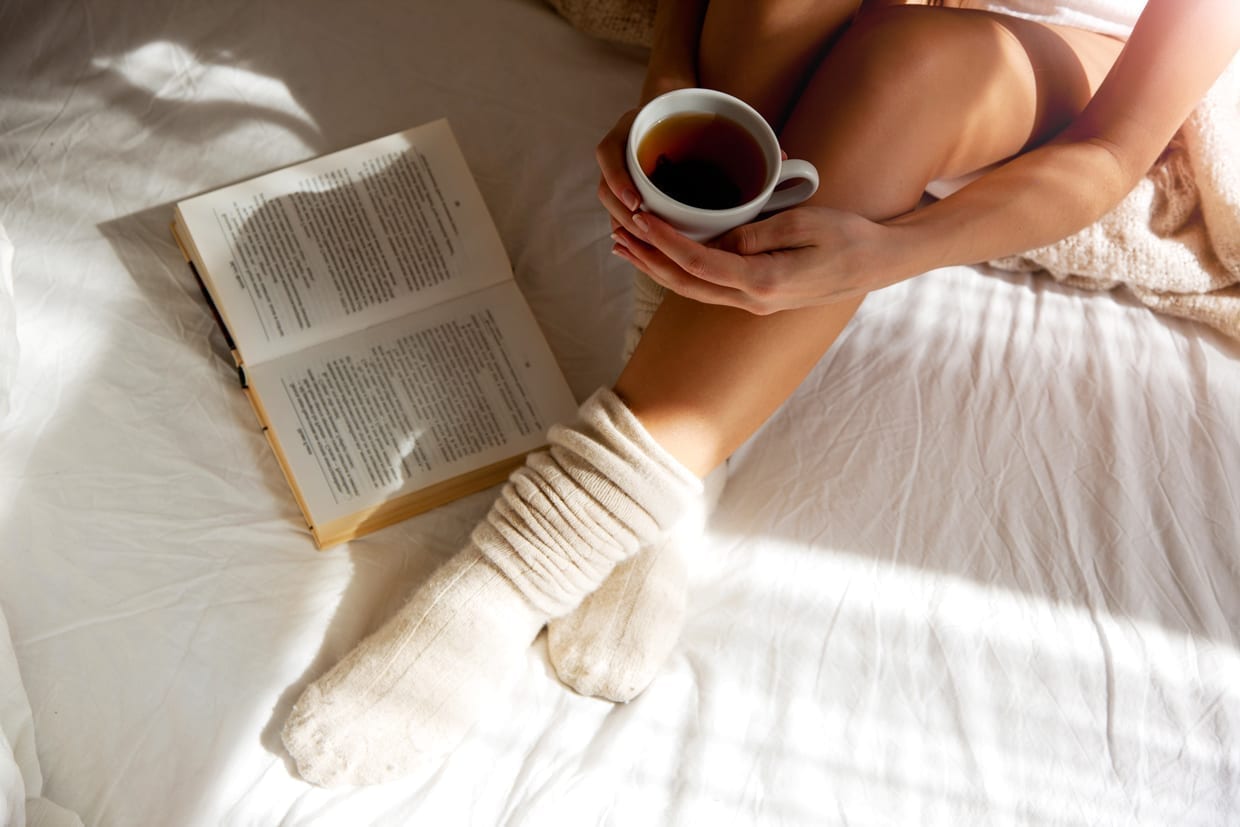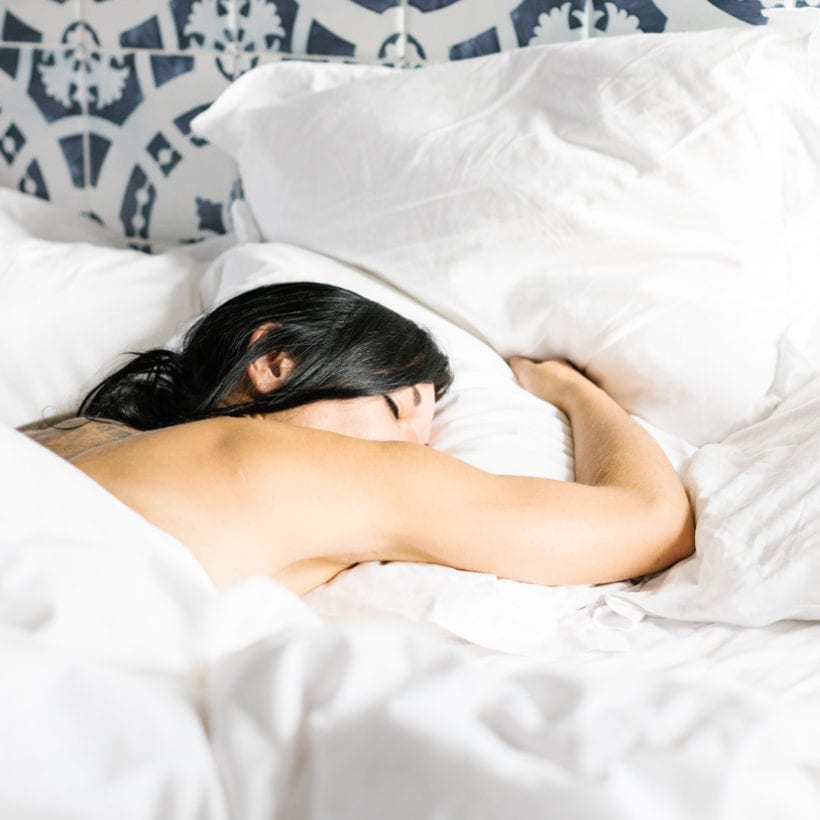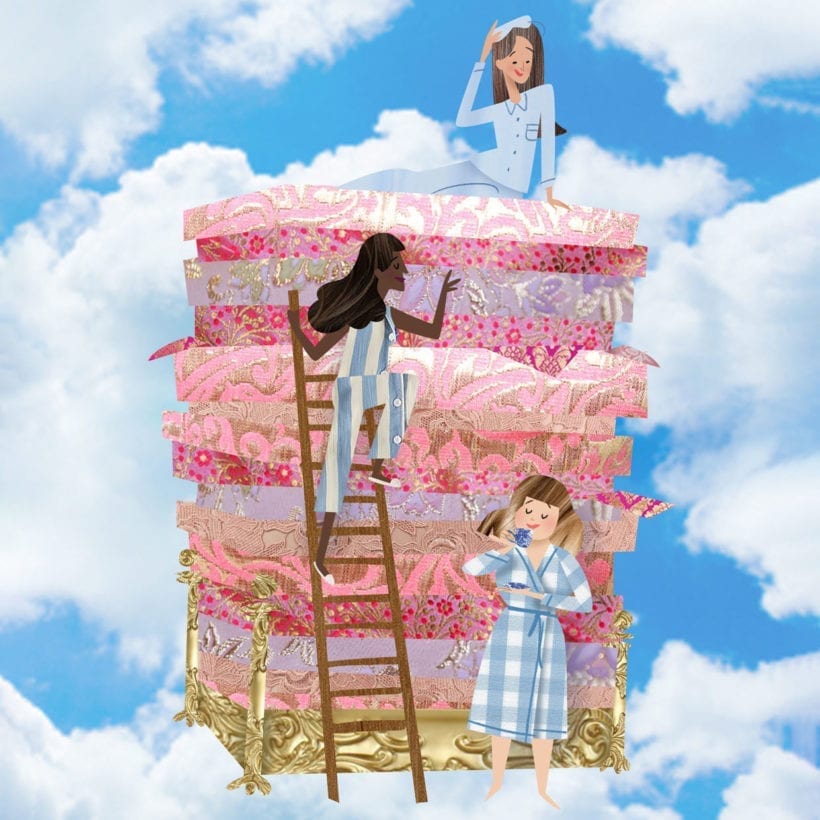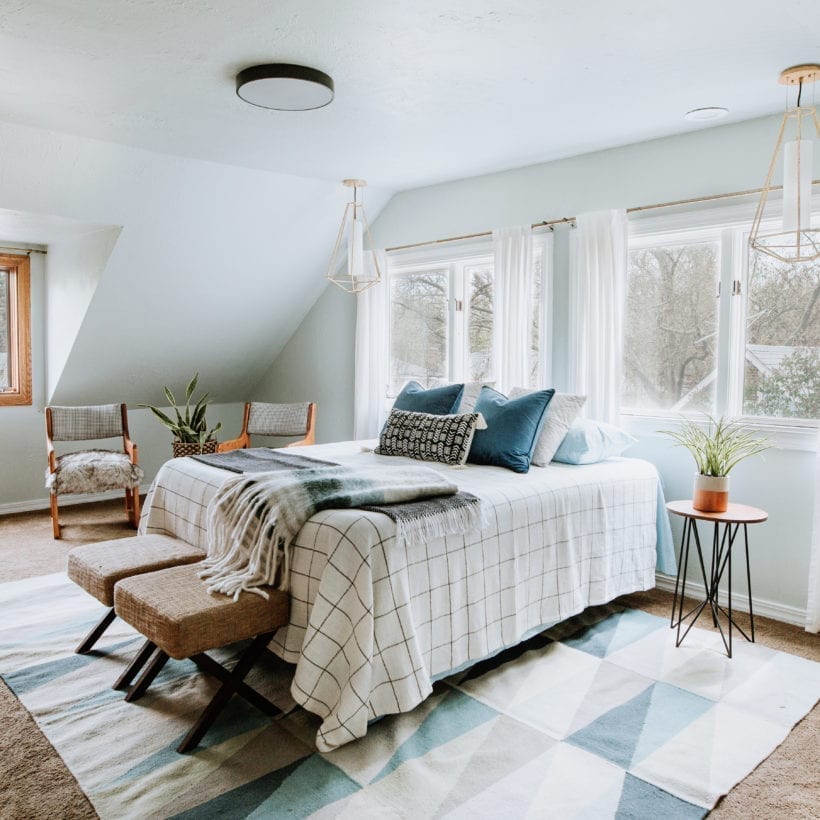The sleep-enhancing effects of herbal teas are well documented and well-marketed, but are these claims supported by evidence, or are they just the latest transient health fad? Traditional East Asian Medicine (TEAM) has made use of herbal teas for millennia to assist with every health issue you can imagine, from sleep and stress to impotence and immune support. For some, the TEAM identification signifies ancient and time-tested wisdom, while for others it is synonymous with unscientific quackery and superstition. The truth is probably somewhere in between these two extremes, but there is an increasing amount of scientific evidence that supports the effectiveness of certain herbal teas as a sleep aid.
Common ingredients that have been used to improve sleep quality include:
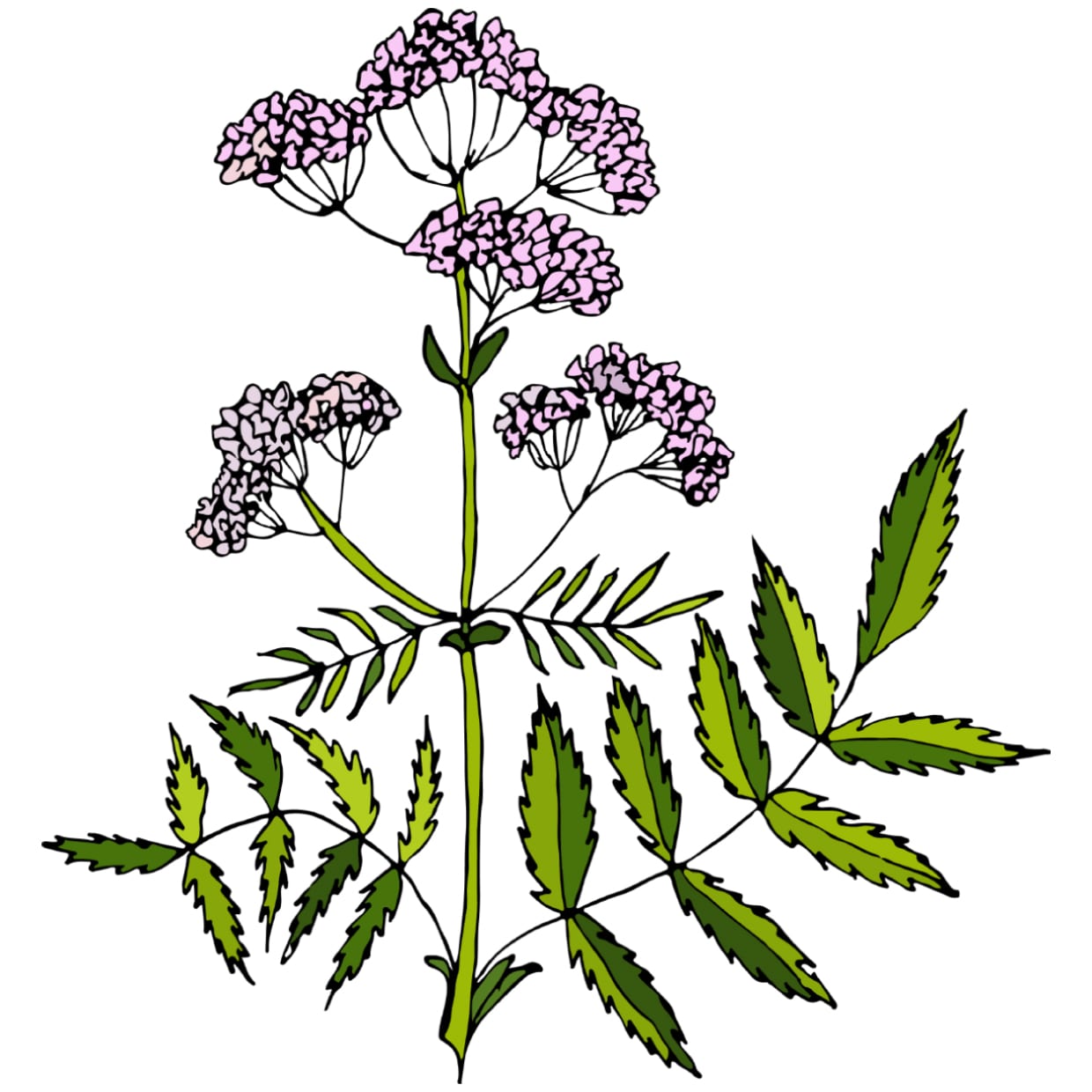
Valerian root. Widely used in Europe as a mild sedative since the 17th century, this nontoxic herb has something of a slow-burn effect — studies have shown it to be most effective after a couple of weeks of daily use. So, drinking a single cup the night before a big presentation may be of little help, but drinking a cup a day as part of your daily routine could help to improve your overall sleep quality.
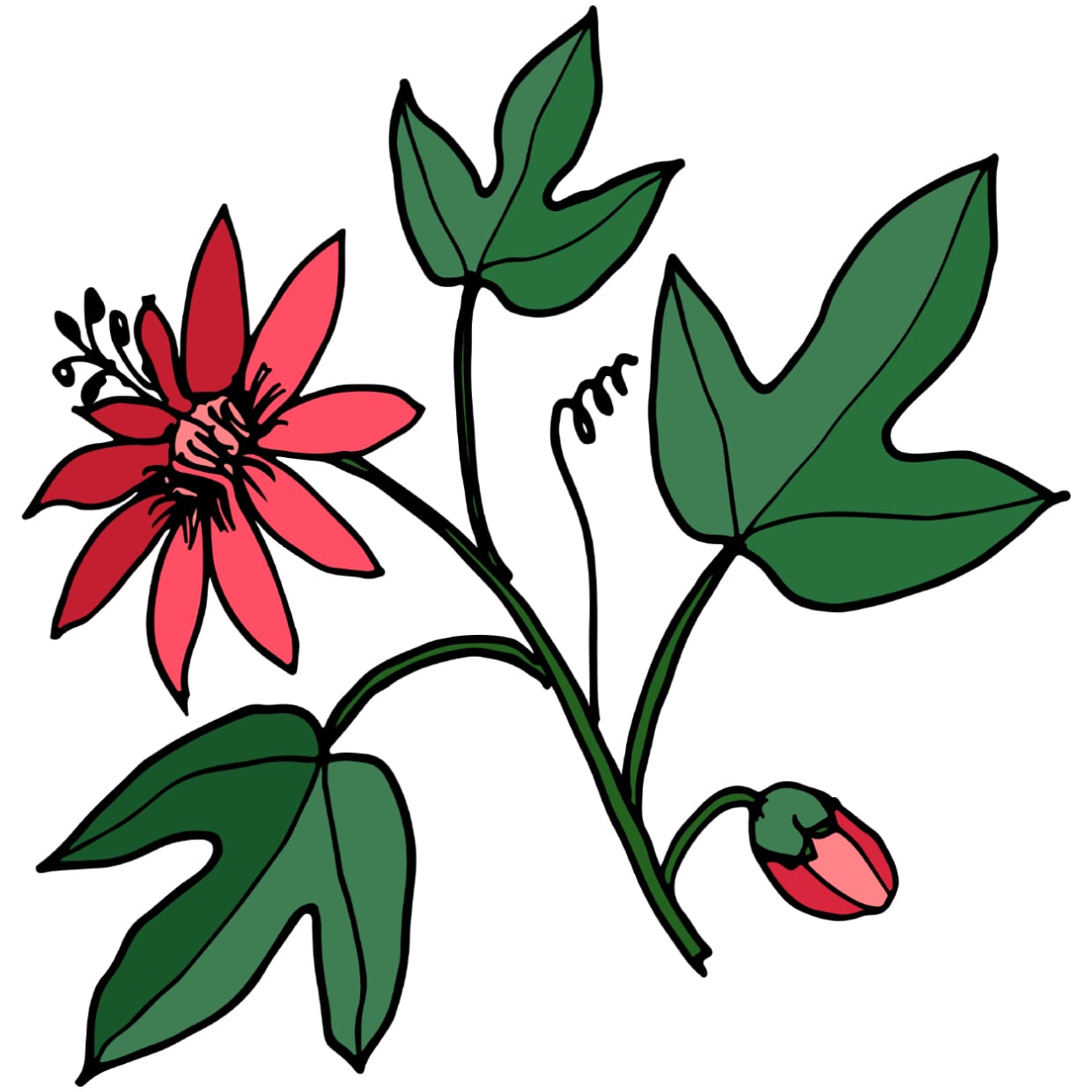
Passionflower. A study into the benefits of this herb found that consuming Passiflora incarnata (passionflower) tea once a day improved short-term sleep benefits in otherwise healthy adults.
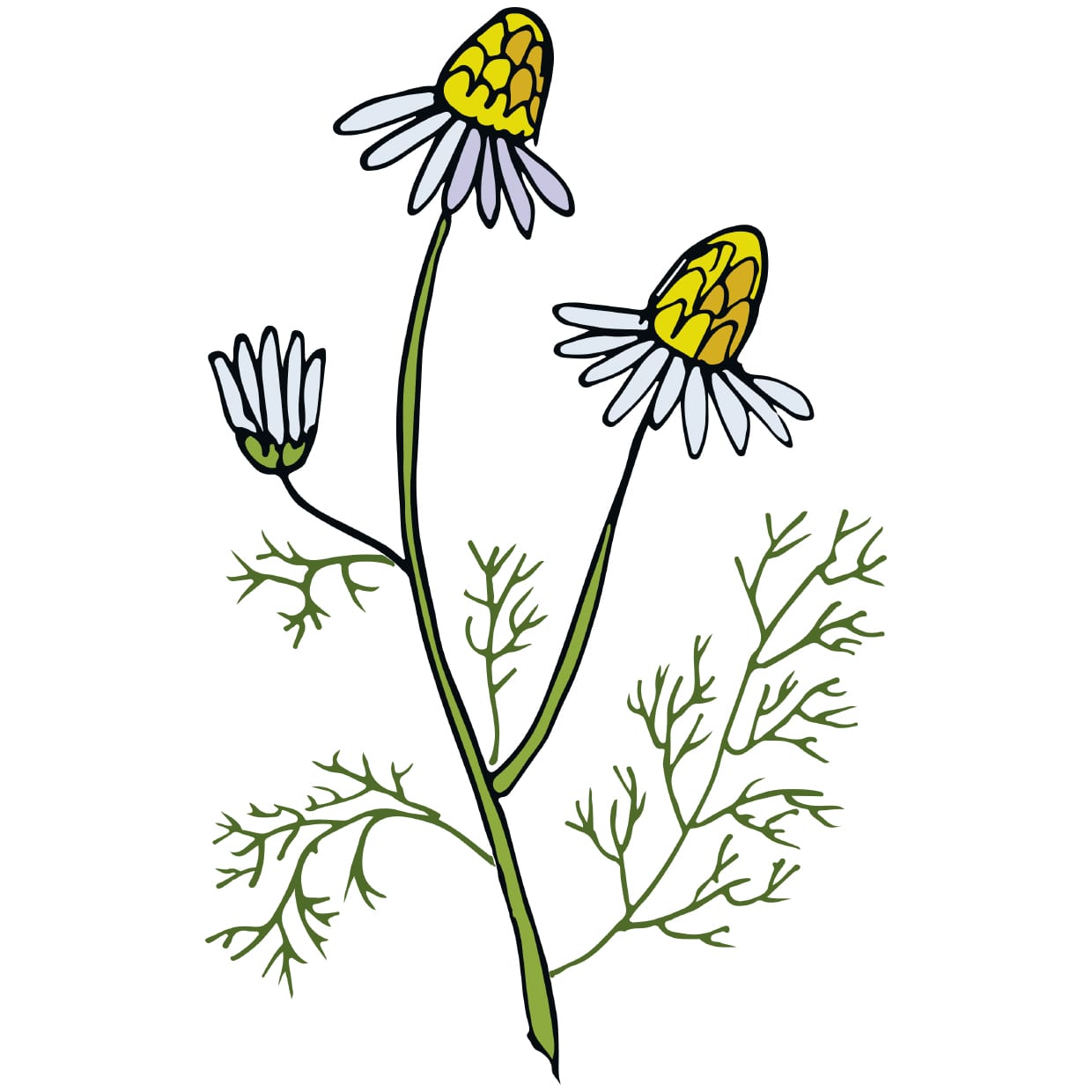
German Chamomile. Considering its enduring popularity as a sleep and relaxation aid, little research has been undertaken into the effectiveness of chamomile tea. However, the limited research available is very positive, with a much more immediate effect being observed than with other teas, such as valerian. But allergies to chamomile are reasonably common so you should be on the lookout for any adverse reactions if you choose this option.
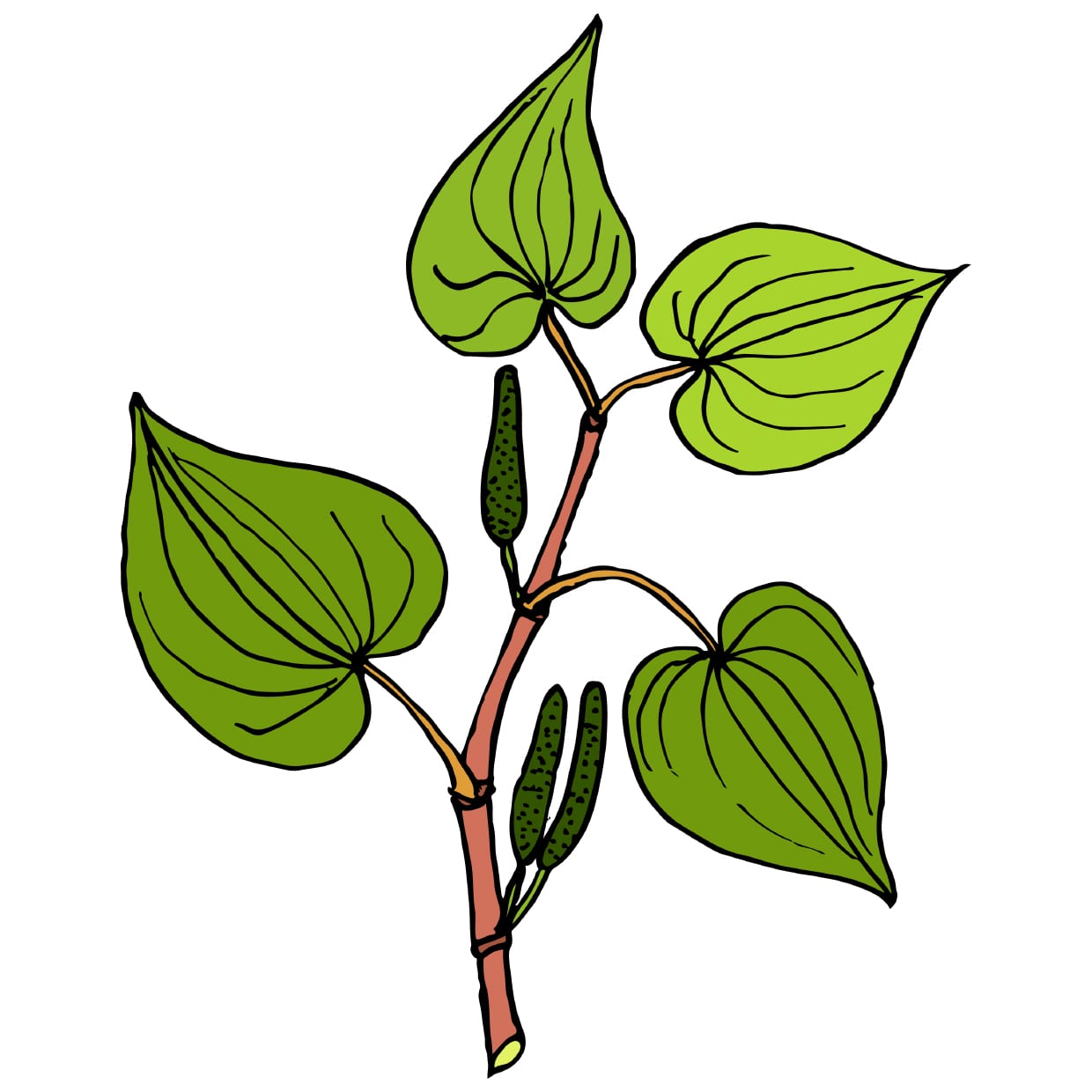
Kava. This acts as a central nervous system depressant, which indicates that it may be of particular use to people who suffer from anxiety-related sleep disturbances. In fact, the chemical form of kava (kavain) is often prescribed for the treatment of anxiety.
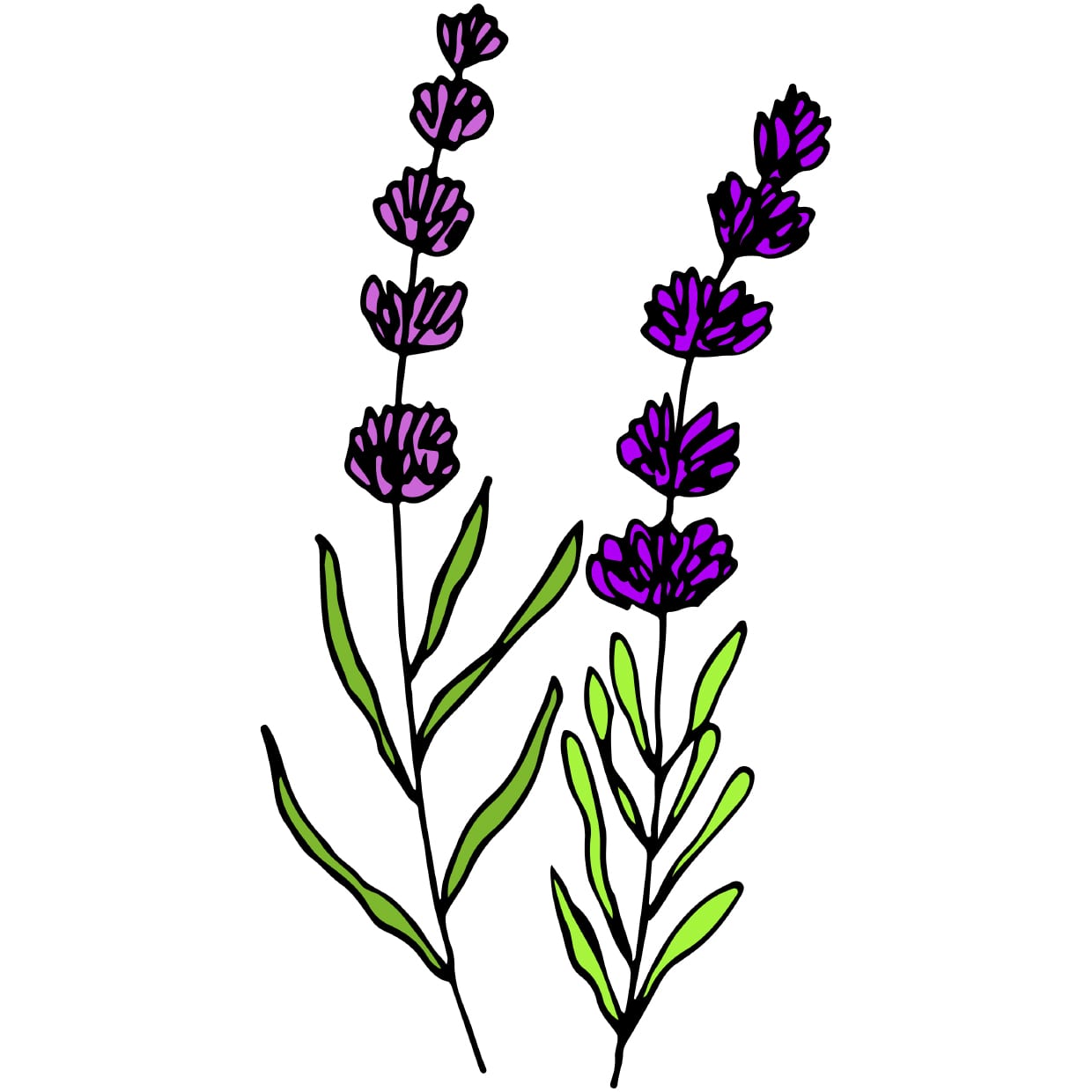
Lavender. The sleep-enhancing benefits of lavender oil are well documented, however, little actual research has been carried out on lavender tea. Despite this, there is a huge base of anecdotal evidence that supports the calming and sleep-enhancing properties of a cup of lavender tea before bed. One study did find a short-term improvement in the sleep and anxiety levels of new mothers who drink one cup of lavender tea each day. At the very least, lavender is nontoxic, so you can rest assured that it will not be doing you any harm.
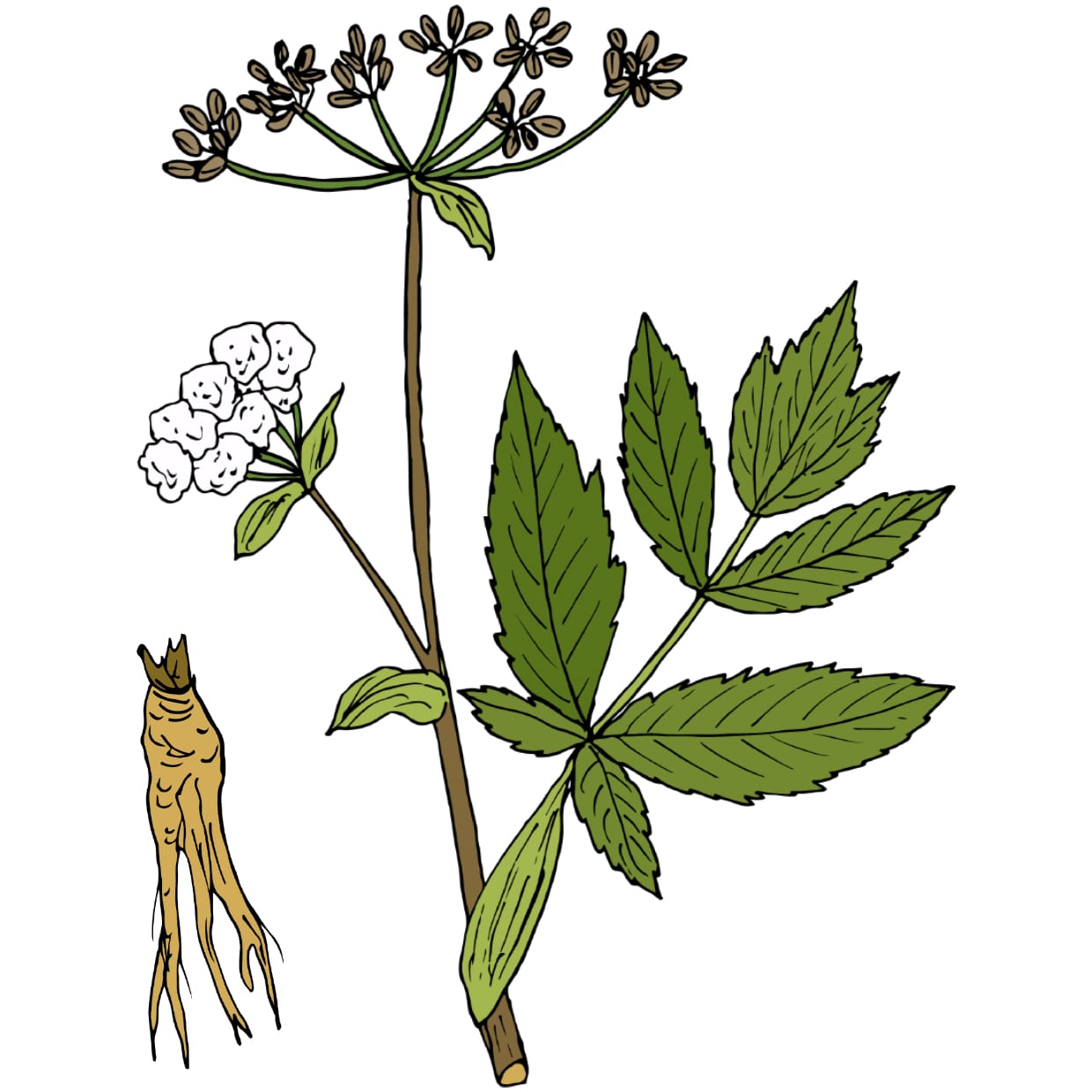
Herbal blends. A 2018 study found that participants who drank a herbal tea blend, consisting of the common TEAM herbs: Astragali radix (achyranthes root), Angelicae gigantis radix (Chinese angelica root) and Zizyphi Fructus (jujube fruit/Chinese date), twice a day for four weeks, experienced significantly improved fatigue severity and sleep quality.
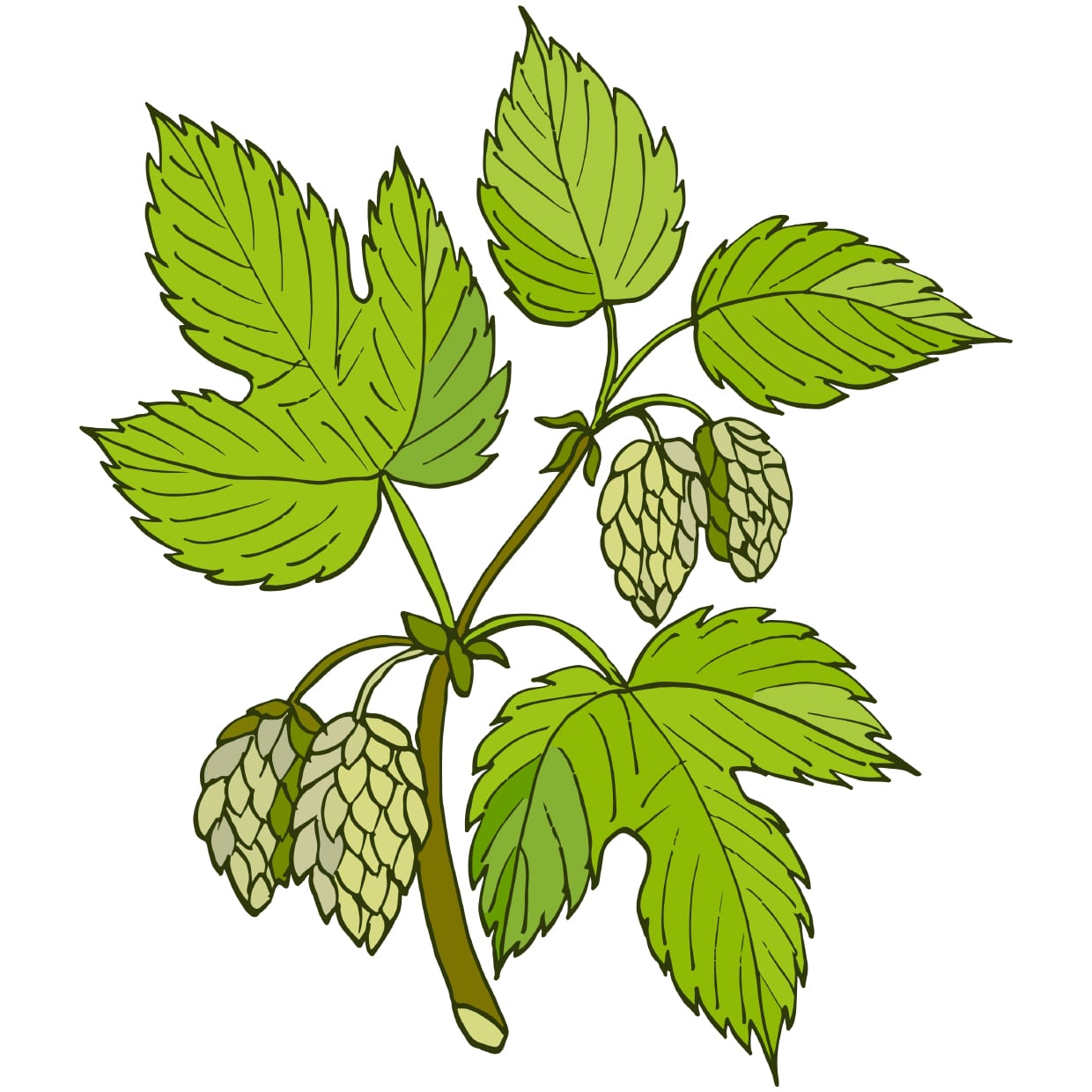
Hops/Lemon Balm. These are common herbal tea ingredients, however trials have not found any improvement to sleep associated with these herbs.
We only recommend products we have independently researched, tested, and loved. If you purchase a product found through our links, Sunday Edit may earn an affiliate commission.
